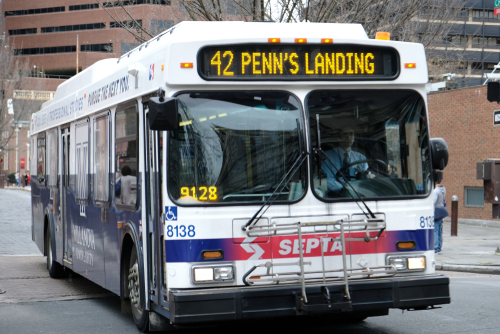
Southeastern Pennsylvania Transportation Authority (SEPTA), serving five counties in the Greater Philadelphia area, will need to cut service 45 percent, according to a recently released budget proposal designed to address a forecasted $213 million budget deficit for the fiscal year starting July 1.
“SEPTA would go from being the economic driver of this city and region to its limiter,” SEPTA Board Chairman Kenneth E. Lawrence Jr. said.
Fifty bus routes would be eliminated between Aug. 24 and Jan. 1. Five regional rail lines also would be eliminated, and remaining rail services would be reduced.
Bus fare would increase 7.5 percent while rail fare would rise an average of 21.5 percent.
Other changes include a 9 p.m. rail curfew, paid parking at regional rail lots, freezing management pay and cutting third-party consultants.
SEPTA said the budget gap is due to several factors, including the end of federal COVID relief funding and increases in the day-to-day costs of providing service to customers. While ridership has recovered over the last few years since COVID, SEPTA’s costs have risen particularly due to inflation as well as its investments in fighting crime and disorder in its system.
SEPTA officials say it has undertaken austerity measures, including a freeze on management pay and cuts to third-party consultants, which have resulted in savings of $30 million. A 7.5% fare increase and the resumption of paid parking at regional rail lots, has also generated new revenue. Those efforts helped reduce SEPTA’s budget deficit to a forecasted $213 million for FY2026.
SEPTA also released its Capital Budget Proposal for the coming year. Under the proposal, SEPTA would close a funding gap by deferring dozens of projects and other capital-funded initiatives.
“We are grateful for Gov. (Josh) Shapiro’s proposal and for the continued efforts of legislators from our city and region,” Lawrence said. “Now, we all need to hear from the public. Even if you don’t ride, deep service cuts would impact you – whether it is from increased congestion on area roadways, declining property values or less revenue for local businesses as SEPTA purchases significantly fewer supplies and materials.”
SEPTA will hold four public hearings on the proposed budget in May.